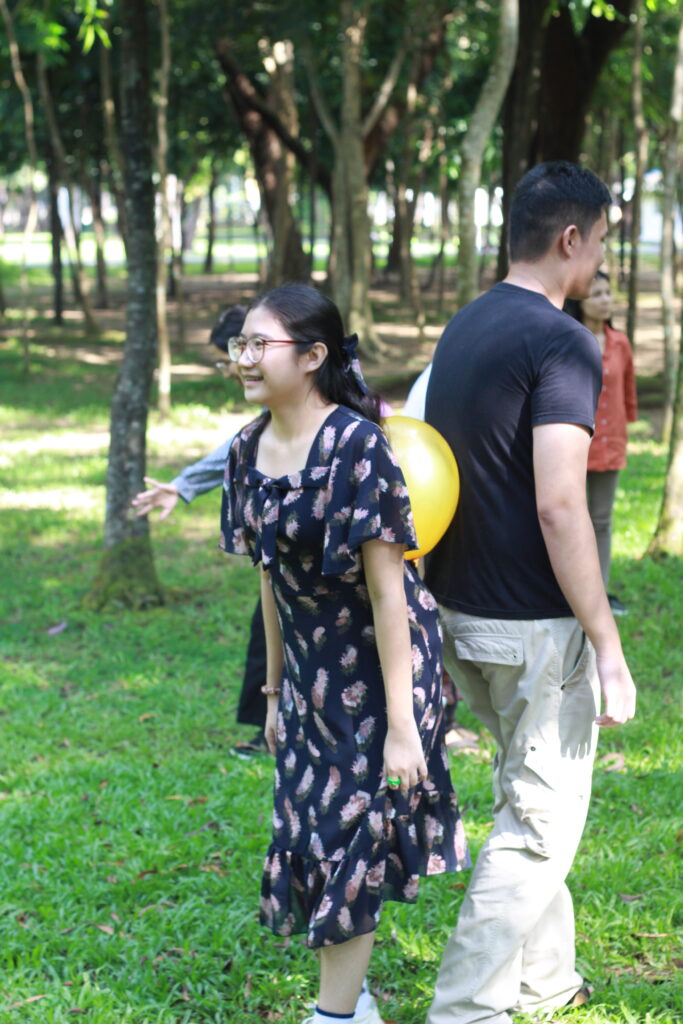
Higher Education
Accessibility
Students in prolonged crises are left out of the education systems of their home countries and host countries, as well as globally, due to their lack of formal education credentials, resources, facilities, or state-issued personal identification. While most efforts to address this issue focused on third-country education pathways, this leaves out many internally displaced youth and refugee youth who are severely limited in their mobility.
Through Parami University, the Fund is able to open higher education access to hundreds of qualified youth who had to suspend their higher education journey due to situations outside their control. Delivering higher education in a conflict context requires innovative solutions and strong institutional commitment due to immense barriers.
Extensive outreach with
local partners
Higher education institutions working in the context of Myanmar and students in displacement must have strong partnerships with local education actors to ensure their education is accessible to students from unconventional backgrounds. The Parami network includes community education institutions, monastic schools, church schools, informal education groups from various regions in Myanmar and Thailand, and an international partnership with Bard College, New York, to reach out to youth in displacement outside of Asia. This enables the Parami University undergraduate degree program and other education programs to be accessible to qualified youth from underserved communities who lack alternative higher education opportunities. In addition, there are also various projects that directly support the local partners, such as Parami faculty-run supplementary English and university application courses (English for Further Studies) at 4 community post-secondary schools in Myanmar, website and education technology assistance, and library database access assistance.
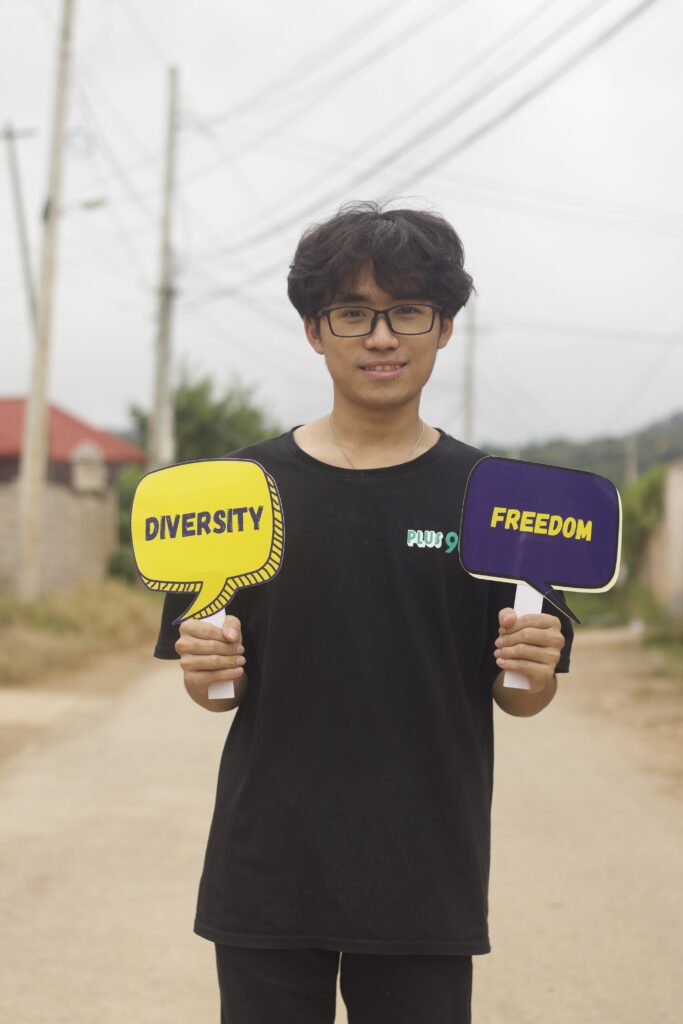
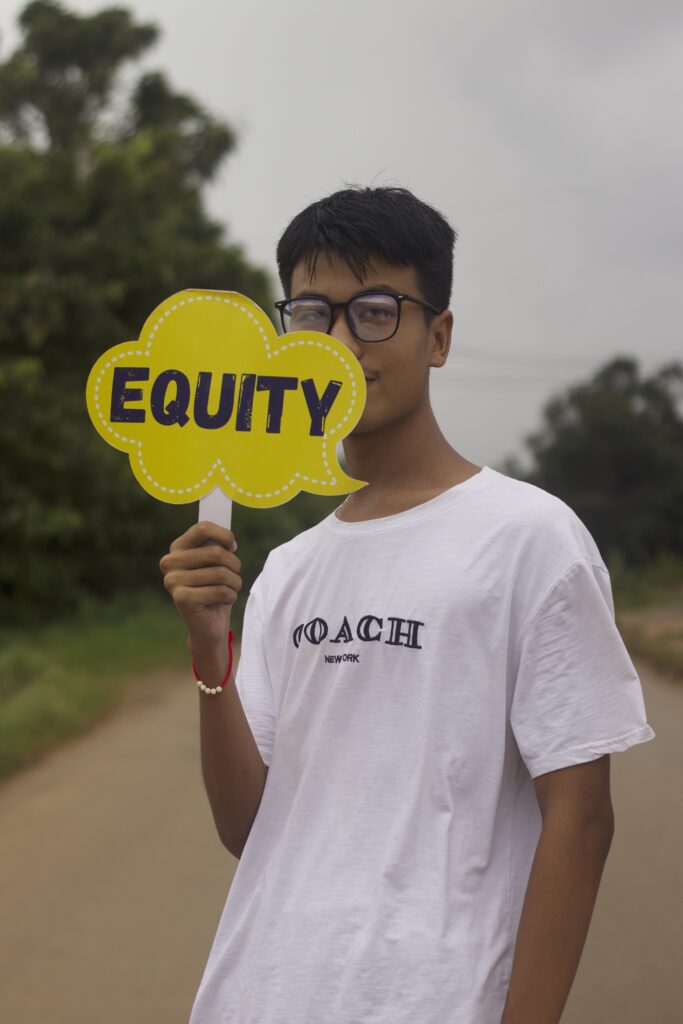
Flexible Admission System
Higher education institutions working in the context of Myanmar and students in displacement must have strong partnerships with local education actors to ensure their education is accessible to students from unconventional backgrounds. The Parami network includes community education institutions, monastic schools, church schools, informal education groups from various regions in Myanmar and Thailand, and an international partnership with Bard College, New York, to reach out to youth in displacement outside of Asia. This enables the Parami University undergraduate degree program and other education programs to be accessible to qualified youth from underserved communities who lack alternative higher education opportunities. In addition, there are also various projects that directly support the local partners, such as Parami faculty-run supplementary English and university application courses (English for Further Studies) at 4 community post-secondary schools in Myanmar, website and education technology assistance, and library database access assistance.
Parami learning hubs
Myanmar faces significant challenges in providing accessible and inclusive higher education, particularly due to internet disruptions and limited resources. The ongoing political instability has exacerbated these issues, with frequent internet shutdowns and a lack of safe learning environments hindering students’ progress.
Parami University undergraduate students have access to a network of learning hubs established in partnership with local community schools to address these challenges. These hubs provide students with essential resources such as stable internet access, computers, and a supportive learning environment. Due to limited digital infrastructure availability and on-ground instabilities in conflict areas, these hubs are a lifeline for students from underserved communities to pursue their higher education goals without interruption.
The Parami residential learning hubs offer:
- Safe and conducive study spaces equipped with necessary learning tools.
- Reliable internet connectivity to access online courses and resources.
- Peer support through a community of learners facing similar challenges.
- Emergency funding support for procurement of legal identification documents (for migrant and refugee students) and temporary shelters.
In addition to the residential support at hub locations, some Parami undergraduate students also receive targeted living and study stipends due to their specialized circumstances (e.g. students in refugee camps and those without mobility).
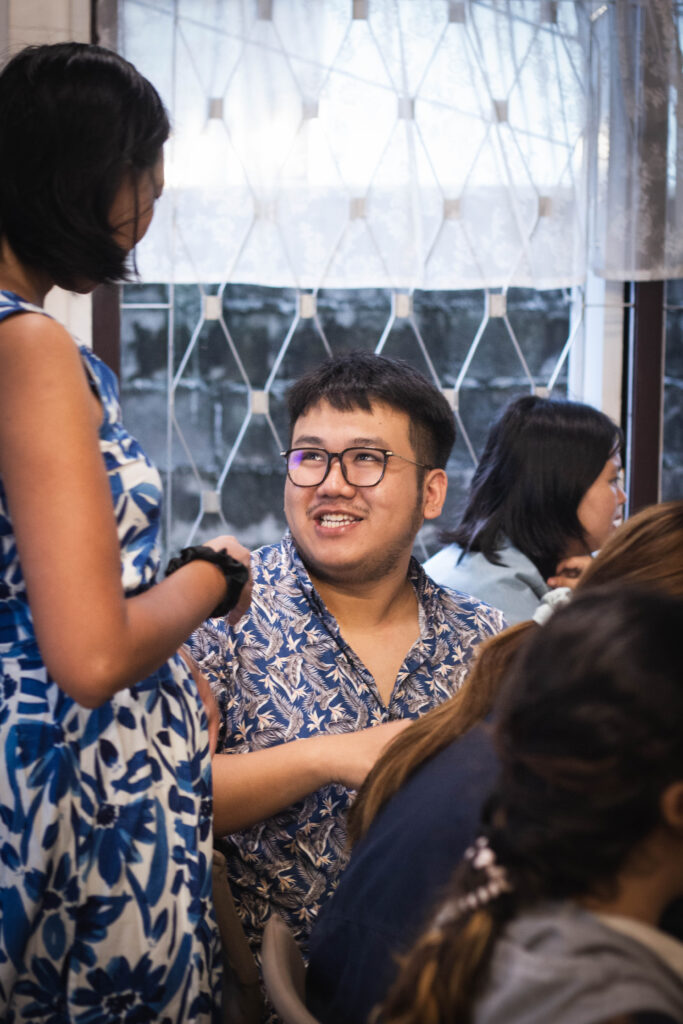
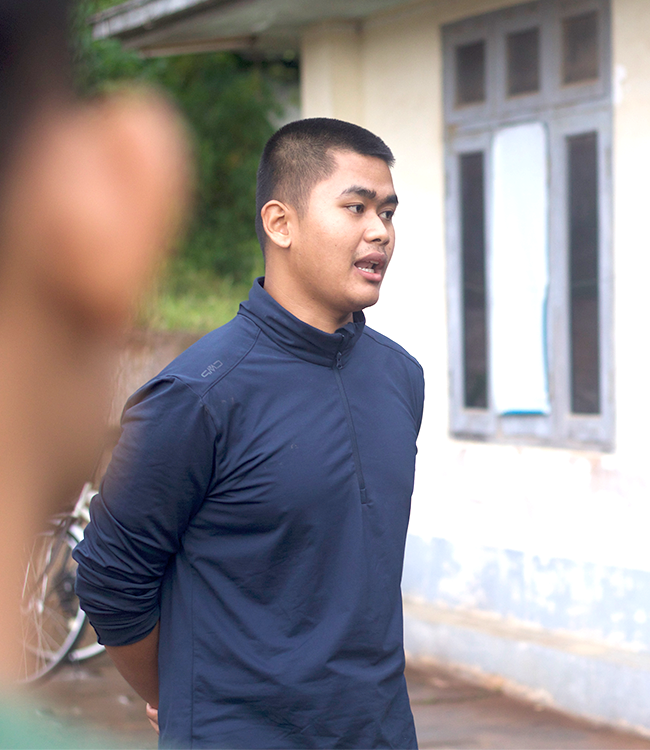
Affordable education
The undergraduate scholarship fund of Parami University offers need-based financial aid to all deserving students. The funding support enables Parami University to meet student needs not only through generous tuition waivers but also by providing a residential learning hub and stipend assistance to make online education possible. As the communities across Myanmar and the diaspora families face increasing economic hardships, tuition scholarships and living stipends are essential for youth to pursue a university education, which, in turn, promotes social mobility and human resource development. In the 2024-2025 academic year, 101 students enrolled in the incoming class, out of which 96.21% were awarded tuition scholarships, while 69 students received learning hub support.
Undergraduate scholarships are essential for students from underserved communities to access quality higher education.
